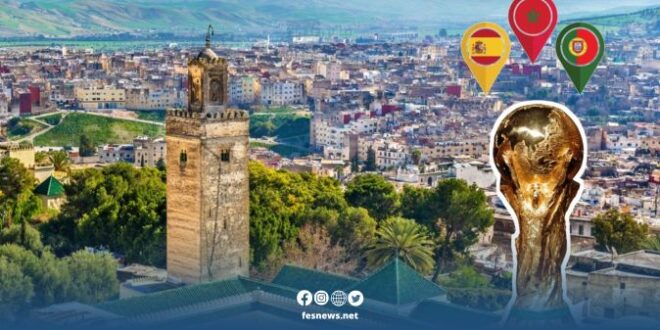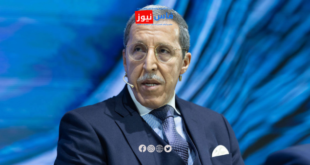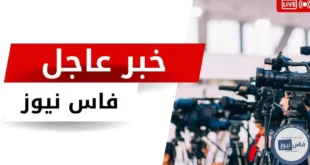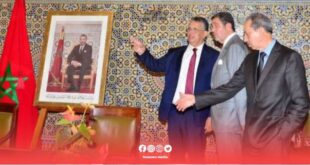Morocco is steadily advancing toward co-hosting the 2030 FIFA World Cup alongside Spain and Portugal. This landmark project is not viewed merely as a major sporting event, but as a strategic opportunity to launch a new wave of economic dynamism—one that leverages sports investment as a catalyst for development, infrastructure growth, and tourism promotion.
According to a report by the Fédération Internationale de Football Association (FIFA), hosting the World Cup brings long-term economic benefits to the host nations. These benefits go far beyond ticket sales and broadcasting rights, encompassing growth in sectors like construction, tourism, transportation, and technological innovation.
Infrastructure Transformation on a Global Scale
Morocco is preparing for large-scale investments to upgrade stadiums, expand transport networks, and improve hospitality infrastructure to meet international standards. Sources from the Moroccan Ministry of Equipment and Water have indicated that the rehabilitation of Mohammed V Stadium in Casablanca, along with stadiums in Fes, Marrakech, and Agadir, are top priorities under the 2030 roadmap.
A recent study by PwC Middle East highlights that “investment in sports infrastructure creates both direct and indirect employment opportunities and increases the real estate value in areas surrounding stadiums and sports facilities.”
Football: A Promising Sector for Private Investment
Sports economics experts believe that investment in football is no longer the exclusive domain of governments and national federations. It has become an open field for private sector participation, particularly through partnerships in sports marketing, academies, and training programs.
A report by KPMG Sports Advisory points out that returns on investment in sports academies can reach up to 12% annually in developing countries, especially when accompanied by supportive government policies and strong media coverage.
Sports Tourism: A New Horizon for Morocco
The 2030 World Cup is expected to draw more than one million foreign fans to the three host nations. For Morocco, this represents a golden opportunity to position itself as a top global tourist destination. According to the World Travel & Tourism Council (WTTC), “sports tourism is one of the fastest-growing segments of the industry, accounting for over 10% of total tourism revenue in some countries.”
The Moroccan National Tourist Office is planning a comprehensive promotional strategy to showcase the country’s historic cities, rich cultural heritage, and natural landscapes during the event.
Beyond the World Cup: A Lasting Legacy
Economic analysts stress that Morocco’s real success lies not only in hosting the event but in sustaining and capitalizing on its legacy. Dr. Karim Essalhi, a specialist in sports economics, states that “the greatest challenge is not simply in successful organization, but in transforming stadiums into long-term economic hubs and integrating them into youth employment and sports training policies.”
He adds that post-World Cup investment models in the UK and Brazil could serve as inspiration for Morocco, provided that a comprehensive national vision is adopted—one that involves collaboration between the state, the private sector, and civil society.
In essence, the 2030 World Cup represents more than a global football celebration. It is a strategic window for Morocco to strengthen its economic and tourism landscape while building a solid foundation for sustainable sports development.
source : fes news media
 فاس نيوز ميديا جريدة الكترونية جهوية تعنى بشؤون و أخبار جهة فاس مكناس – متجددة على مدار الساعة
فاس نيوز ميديا جريدة الكترونية جهوية تعنى بشؤون و أخبار جهة فاس مكناس – متجددة على مدار الساعة













